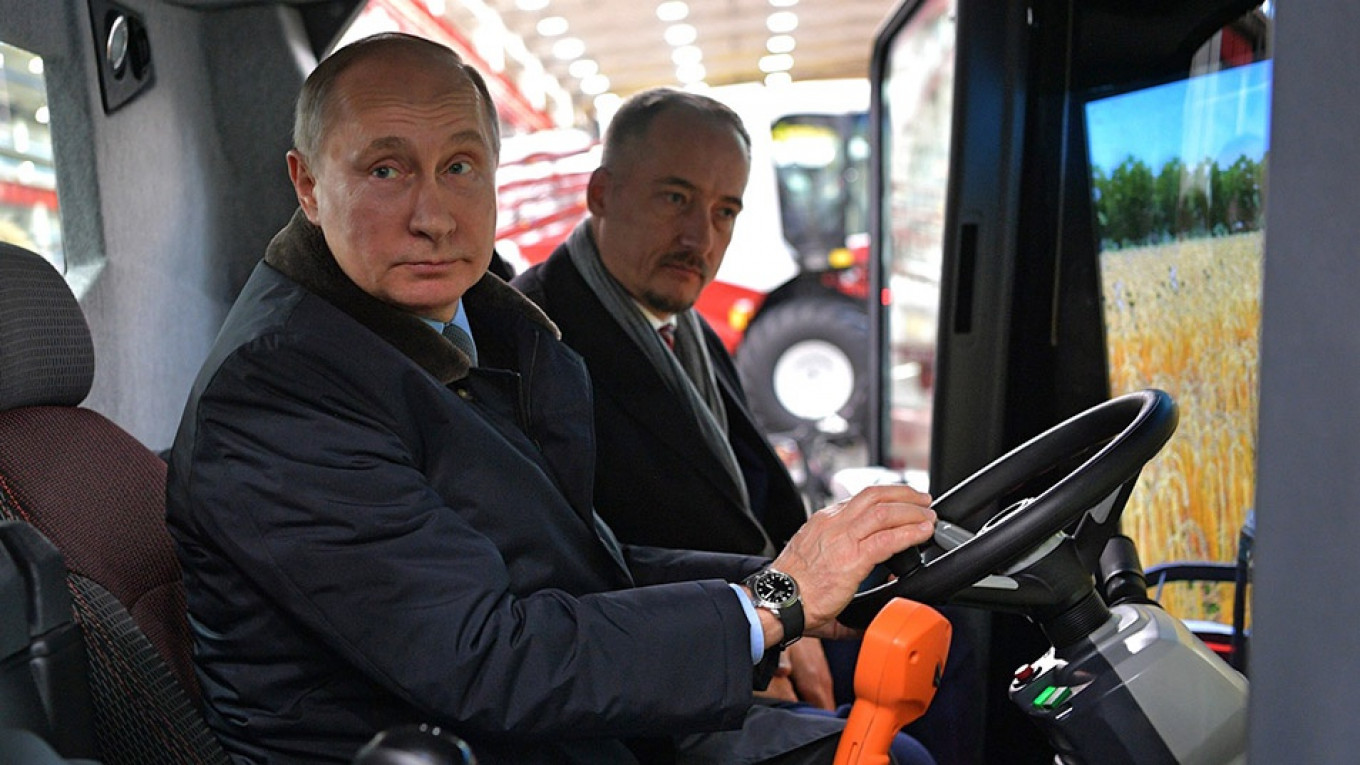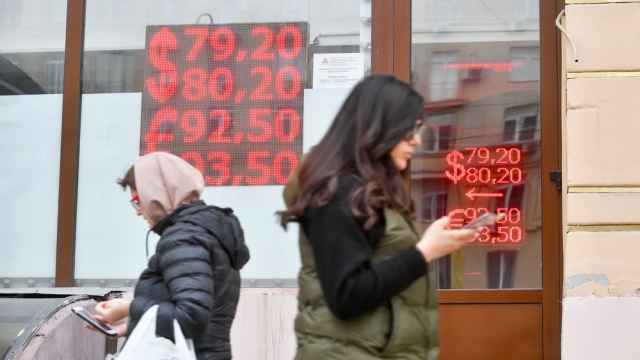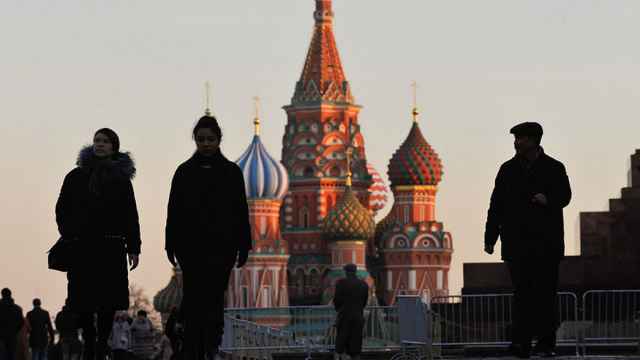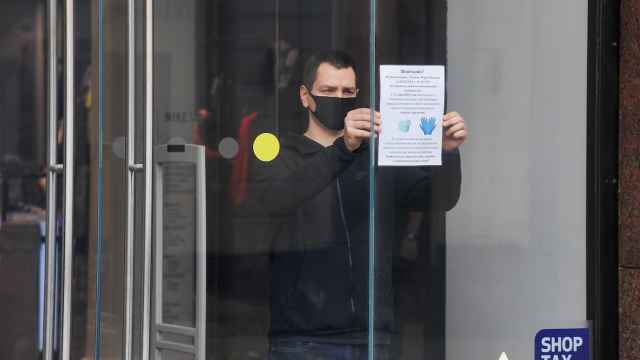Russia will spend 25.7 trillion rubles ($391 billion) on carrying out President Vladimir Putin’s expansive promises to overhaul Russia’s economy by the end of his last term in office, according to a new government estimate.
After his inauguration last May, Putin outlined plans to spend at least 8 trillion rubles on infrastructure and social issues until 2024. Some of the goals set in his 17-point executive order, known as the “May Decrees,” include halving poverty and turning Russia into a top-5 world economy, while investing heavily in healthcare, education and infrastructure.
The 13 national projects created to accomplish the president’s goals will cost 25.7 trillion rubles over the next six years, according to a plan published on the government’s website on Monday.
Non-energy infrastructure will be the most expensive project of the plan, at a cost of 6.4 trillion rubles, followed by roads at 4.8 trillion, ecology at 4 trillion and demography at 3.1 trillion.
According to the government plan, 13.1 trillion rubles will come from the federal budget, 4.9 trillion from regional budgets and 7.5 trillion rubles from “extrabudgetary sources.”
A Message from The Moscow Times:
Dear readers,
We are facing unprecedented challenges. Russia's Prosecutor General's Office has designated The Moscow Times as an "undesirable" organization, criminalizing our work and putting our staff at risk of prosecution. This follows our earlier unjust labeling as a "foreign agent."
These actions are direct attempts to silence independent journalism in Russia. The authorities claim our work "discredits the decisions of the Russian leadership." We see things differently: we strive to provide accurate, unbiased reporting on Russia.
We, the journalists of The Moscow Times, refuse to be silenced. But to continue our work, we need your help.
Your support, no matter how small, makes a world of difference. If you can, please support us monthly starting from just $2. It's quick to set up, and every contribution makes a significant impact.
By supporting The Moscow Times, you're defending open, independent journalism in the face of repression. Thank you for standing with us.
Remind me later.






